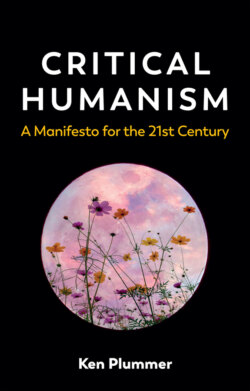Читать книгу Critical Humanism - Ken Plummer - Страница 24
The dark side of science
ОглавлениеScience has clearly brought great advances to humanity, enabling us to live in ways that have hitherto been inconceivable. But it has not been without its troubled side. The algorithmic world is colonizing human life. Most blatantly, it has brought into being the most destructive forms of technology that humankind has ever known: the science needed for the Holocaust, the bombs on Hiroshima, cyberwar and now drone bombing. More: it has also brought into being a string of anti-human ideologies advancing beliefs that some human beings are subhuman. We find this in the early eugenics and race genetics of the nineteenth century, some of which are still at work in current times.38 And as we look forward to a new age of surveillance capitalism and robotic superintelligence, we may find a new super elite emerging, killing off the uniqueness of the clever, fleshy, passionate, big brains of human beings as we currently know them to be.
With all this, we see the need for a new kind of ethics and politics of life itself. A critical science, a critical digitalism. The very nature of what it is to exist as a human being is being radically transformed by these genetic, biological, neurological and technological interventions. Whatever human nature might have been, it is certainly now open to radical transformation. We are witnessing a new ‘emergent form of life’.39 Science on its own, then, can be a very dangerous thing. It needs a constant ethical, political and, above all, human counterstory to move it in humane directions.
